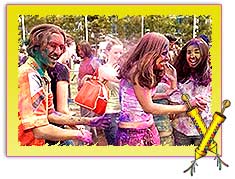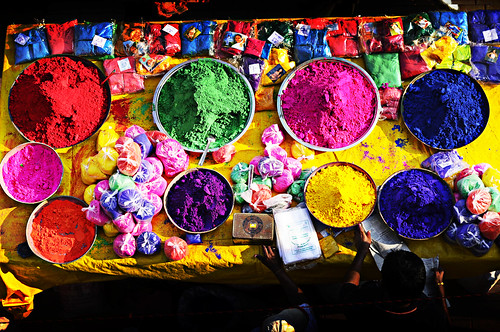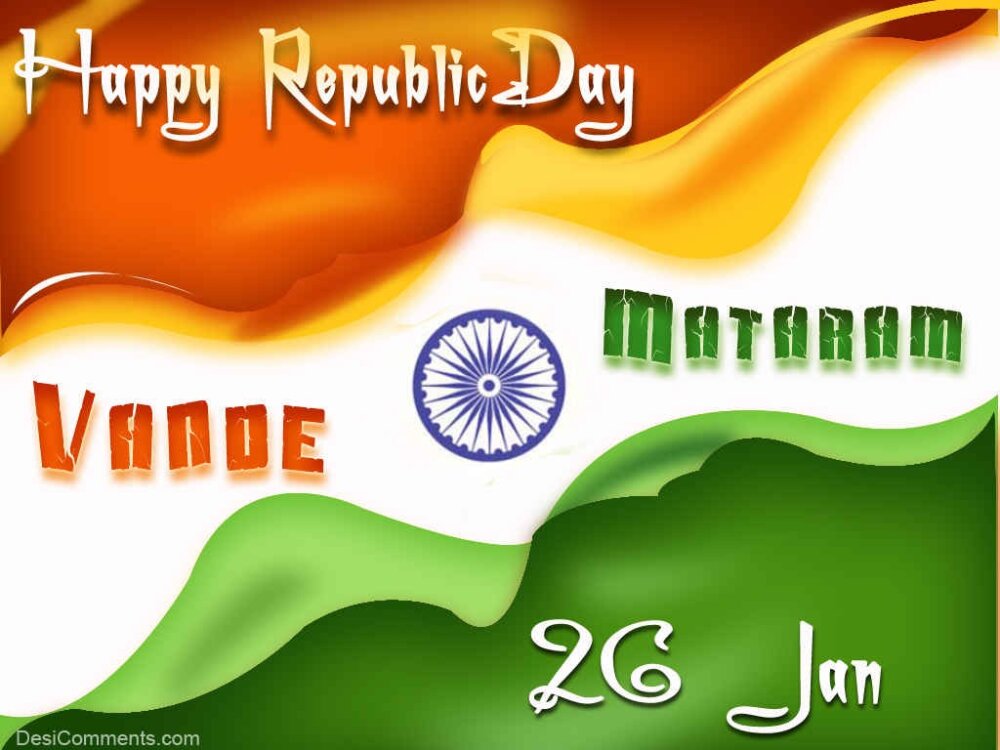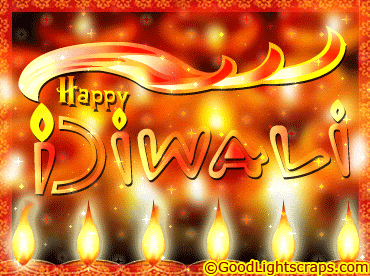Easter is one of the main events of the year for the Orthodox
Christians and the most important Orthodox holiday. The word “Easter”
comes from Greek and means “deliverance”. On this Holy Day we celebrate
the deliverance of all mankind from the devil’s bondage through the
sacrifice of Christ the Savior and the gift of eternal life and bliss.
That is the fundamental sense of the Orthodox religion – God Himself
became a man, died for us, and His resurrection redeemed people from the
power of death and sin.
Showing posts with label Festival. Show all posts
Showing posts with label Festival. Show all posts
Easter Day
 Easter is one of the most important Christian festivals which is
observed in March or April. On this day the Christians celebrate the
resurrection of Jesus after his death by crucifixion which is believed
to have happened during this time around 30-33 A.D.
Easter is one of the most important Christian festivals which is
observed in March or April. On this day the Christians celebrate the
resurrection of Jesus after his death by crucifixion which is believed
to have happened during this time around 30-33 A.D.In Western Christianity, Easter always falls on a Sunday between March 22 and April 25. The following day this is an Easter Monday, a holiday in countries having predominant Christian tradition.
In Western countries, Easter marks the end of the forty days of Lent, a period during which the Christians observe fast and penitence in preparation for the Easter which begins on Ash Monday and ends on Easter Sunday.
A MEMORABLE HOLI
 Oh
what fun we had on the Holi that year. The tradition followed was digging
the lawn generating some mud, throwing some buckets of water and then the
prey. So, it was a very earthy kind of Holi that we played that year in the
hostel. The good part was that the prey was asked get the buckets herself.
Oh
what fun we had on the Holi that year. The tradition followed was digging
the lawn generating some mud, throwing some buckets of water and then the
prey. So, it was a very earthy kind of Holi that we played that year in the
hostel. The good part was that the prey was asked get the buckets herself.Then everybody decided that we have grown up enough to have our first doze of bhang. A thandai was prepared, somebody had stored a little milk from the morning breakfast. There was one very enthusiastic girl who sneaked in the maximum share. High on the spirit of the festival we had the mandatory dance on the Rang Barse bheege chunar wali....
HOLI (Brief Essay)
Holi is a festival that is widely celebrated by Hindus. It occurs in March and marks the beginning of the spring season.
It has a religious origin. Hindus believe that Holika an evil woman tried to burn Prahlad a true devotee of God. But Prahlad was saved by God and Holika was burnt to ashes. Hindus rejoice over the victory of Prahlad. It represents the victory of good versus evil or virtue over vice.
Holi is generally a public holiday. Banks, schools and colleges and offices are closed on that day. People celebrate Holi in a gay and playful mood. They spray coloured water over one another. They look like
It has a religious origin. Hindus believe that Holika an evil woman tried to burn Prahlad a true devotee of God. But Prahlad was saved by God and Holika was burnt to ashes. Hindus rejoice over the victory of Prahlad. It represents the victory of good versus evil or virtue over vice.
Holi is generally a public holiday. Banks, schools and colleges and offices are closed on that day. People celebrate Holi in a gay and playful mood. They spray coloured water over one another. They look like
Diwali - Festival Of Lights
The Hindus in India celebrate many
festivals. The Diwali or Dipabali is one such festival. This festival is
celebrated on the new moon day after the Dasahara. The Goddess Kali is
also worshipped on this day. This is a festival of lights. The Hindus
decorate their houses with lights. The rich and the poor, both celebrate
it. They use oil-lamps and candles at night. In the evening a holy
offering of Shradha is made by the people for their fore-fathers.
Goddess Kali is worshipped late at this night.
THE FESTIVAL OF DUSSEHRA
The festival of Dussehra falls twenty days before the Diwali. It shows victory of virtue over vice, of right over wrong. Rama stands for virtuewhereas Ravana, the demon king, depicts vice and wrong.
The story goes that the crowning Prince Rama of Auyodhya undertook fourteen years of exile. In the last year of his wandering, Ravana the king of Lanka carried away his consort, Sita. The result was a bloody fight between the two. Lakhs of people died from both sides. In the end Ravana, his son Meghnat and his powerful brothers were killed and Mother Sita was freed.
This day is celebrated as the Dussehra Day through the length and breadth of India. The schools and colleges are off. There is autumn break or Dussehra Holidays. The Ramlila is enacted in every street and corner. There are well-established Ram Lila Committees who attract millions of people. For ten days continously the Ramlila is played day and night. Then comes the last day.
The story goes that the crowning Prince Rama of Auyodhya undertook fourteen years of exile. In the last year of his wandering, Ravana the king of Lanka carried away his consort, Sita. The result was a bloody fight between the two. Lakhs of people died from both sides. In the end Ravana, his son Meghnat and his powerful brothers were killed and Mother Sita was freed.
This day is celebrated as the Dussehra Day through the length and breadth of India. The schools and colleges are off. There is autumn break or Dussehra Holidays. The Ramlila is enacted in every street and corner. There are well-established Ram Lila Committees who attract millions of people. For ten days continously the Ramlila is played day and night. Then comes the last day.
Subscribe to:
Posts (Atom)
To get day to day updates subscribe
Subscribe via Email





